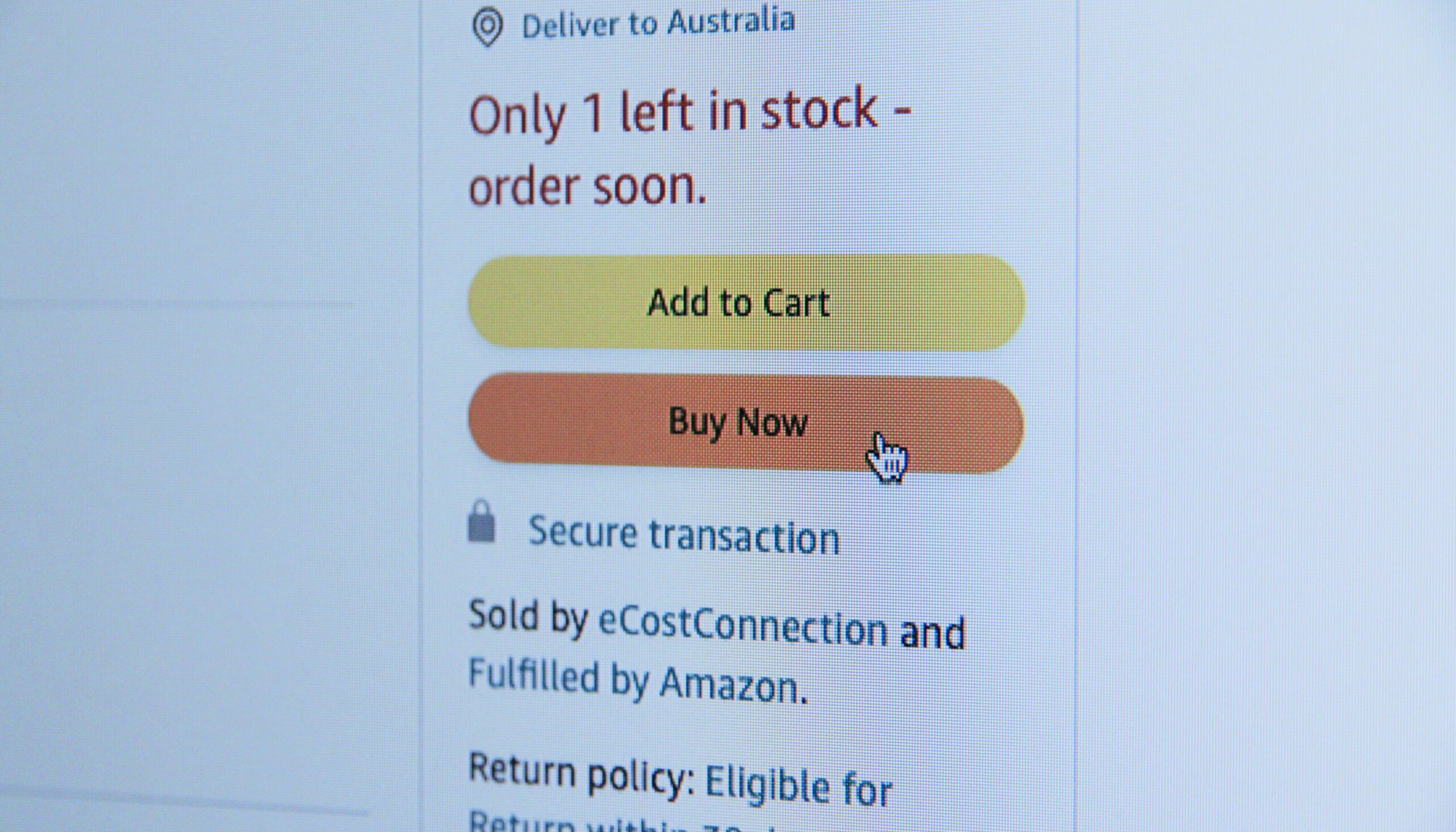Best Business Practices for Building Your Brand and Online Presence
August 12, 2025 | by qqvmedia.com


Understanding Your Brand Identity
Defining and understanding your brand identity is a crucial foundation for any business aiming to establish a strong presence in the marketplace. At its core, a well-articulated brand identity encompasses various elements, including your brand values, mission statement, target audience, and unique selling proposition (USP). Each of these components plays an integral role in shaping how your brand is perceived by consumers and should align seamlessly to create a cohesive message.
Your brand values represent the core principles that guide your business practices and decision-making processes. They reflect what your brand stands for and the ethical standards it adheres to. Establishing clear values not only helps to attract consumers who share similar ideals but also enhances employee morale and fosters a unified workplace culture. This resonance builds trust and connection, allowing customers to feel more aligned with your brand.
The mission statement operates as a focal point for your brand identity, articulating your purpose and what you aspire to achieve in the future. A well-crafted mission statement provides clarity around your objectives and communicates this purpose to both your internal team and your audience, fostering engagement and loyalty.
Understanding your target audience is essential for tailoring your branding efforts effectively. By identifying the demographics, preferences, and behaviors of your ideal customers, you can hone your messaging and marketing strategies to align with their expectations and needs. This understanding facilitates the development of a unique selling proposition (USP), which differentiates your brand from competitors. The USP succinctly conveys what makes your product or service unique, helping consumers to quickly grasp the value they will receive.
In summary, a well-defined brand identity serves as a guiding light for all marketing efforts. It ensures consistency across various platforms, enhancing overall recognition and fostering customer loyalty. Establishing a robust brand identity is not simply about aesthetics; it is about creating meaningful connections that resonate with your audience and build lasting relationships. By investing the time and resources to understand and articulate your brand identity, you are laying the groundwork for long-term success in the digital landscape.
Creating a Cohesive Online Presence
Building a cohesive online presence is paramount for any business aspiring to establish a strong brand identity in today’s digital environment. The foundation of this presence is a professional website, which should serve as the central hub for all online activities. A well-structured website not only reflects your brand’s values but also incorporates essential elements such as information about products or services, contact details, and social media links. Furthermore, optimizing your website for search engines (SEO) is critical. Effective SEO strategies enhance visibility, making it easier for potential customers to find your business online.
Consistency in messaging and visuals across social media platforms cannot be overstated. It is vital that your brand maintains a uniform voice, tone, and visual identity, from the website to platforms like Facebook, Instagram, LinkedIn, and Twitter. This approach not only strengthens brand recognition but also fosters trust and credibility among your audience. Engaging content is a key component of this strategy, as it encourages user interaction and keeps your audience informed and entertained.
Mobile optimization is another essential aspect of creating a cohesive online presence. With an increasing number of users accessing websites from mobile devices, ensuring that your site is mobile-friendly enhances the user experience significantly. A responsive design and fast loading speeds are crucial for retaining visitors and preventing high bounce rates.
Best practices for social media engagement include selecting the right platforms that align with your target audience and industry. Establishing a content calendar is also beneficial, allowing for consistent posting and ensuring a well-rounded mix of promotional and informative content. By following these strategies and prioritizing user-friendly design, businesses can create a cohesive online presence that aligns with their brand objectives and engages their audience effectively.
Leveraging Content Marketing for Brand Awareness
In the contemporary digital landscape, content marketing plays a pivotal role in building brand awareness and establishing authority within your industry. By producing and distributing valuable content, businesses can engage prospective customers, nurture leads, and foster loyalty among existing customers. Various forms of content, including blogs, videos, podcasts, and webinars, allow brands to communicate their expertise and connect with their audience more effectively.
To maximize the effectiveness of content marketing, it is essential to implement a strategic distribution plan. Utilizing platforms like social media, email newsletters, and industry-specific forums can help amplify your content’s reach. Search engine optimization (SEO) techniques should also be employed to drive organic traffic. By optimizing content for relevant keywords, businesses can improve visibility in search engine results, thereby increasing the likelihood that potential customers will encounter their brand.
Storytelling is another powerful technique that can be harnessed within content marketing. Crafting narratives that resonate with audiences not only captures attention but also fosters a sense of connection. Stories that reflect the brand’s values, mission, or customer experiences can deepen engagement, making the brand memorable in the minds of consumers.
Furthermore, measuring the performance and engagement of your content is vital for ongoing success. Utilizing analytics tools allows businesses to assess how well specific pieces of content resonate with their target audience. Metrics such as page views, time spent on pages, social shares, and comments provide insights that can guide future marketing strategies. By continually refining content marketing efforts based on performance data, brands can enhance their authority in the market and bolster their overall online presence.
Engaging with Your Audience and Building Community
Building a strong brand involves not just defining your products or services, but also establishing an authentic connection with your audience. Engaging with your customers in a meaningful way is vital for developing brand loyalty and creating a sense of community around your business. Social media platforms present an excellent opportunity for brands to interact directly with their audience, allowing for real-time communication and feedback.
To effectively engage your audience, it is essential to create content that resonates with them. This can include sharing informative articles, entertaining videos, or immersive infographics tailored to their interests. Additionally, utilizing personalized email campaigns will further foster relationships, as customers appreciate when brands take the time to address them individually. These tailored messages should offer value, such as exclusive promotions or information, enhancing customer satisfaction.
Another strategy to build community involves soliciting customer feedback. By actively seeking input on products or services, brands can demonstrate their commitment to customer satisfaction and adapt based on preferences. This not only helps in refining offerings but also empowers customers by showing that their opinions matter.
Hosting online events and webinars can serve as a platform for deeper engagement, allowing customers to interact with your brand in real-time. These events provide opportunities to educate your audience and create meaningful conversations, ultimately cementing your brand’s role in their lives. Moreover, encouraging user-generated content—such as testimonials, reviews, or shared experiences—can enhance authenticity and provide social proof, further solidifying community bonds.
In conclusion, effective engagement with your audience and the creation of a community are pivotal for building brand loyalty. By strategically utilizing social media, personalized communication, and hosting events, brands can significantly enhance their online presence and foster a loyal customer base. With a dedicated approach to audience interaction, the long-term benefits include increased customer retention and the development of brand advocates.
RELATED POSTS
View all


